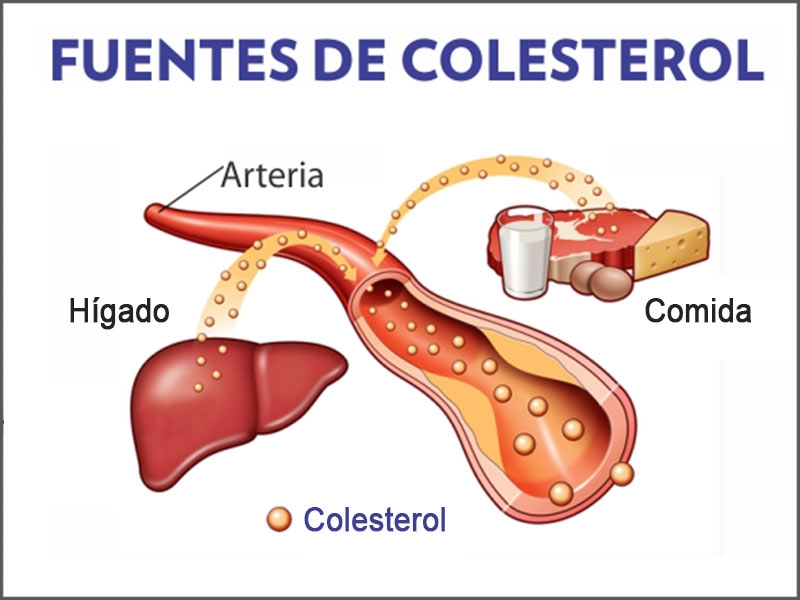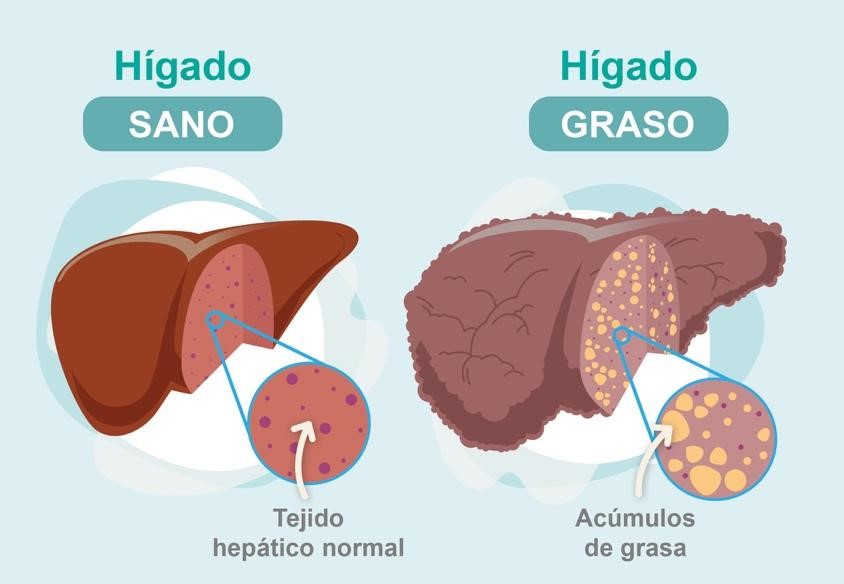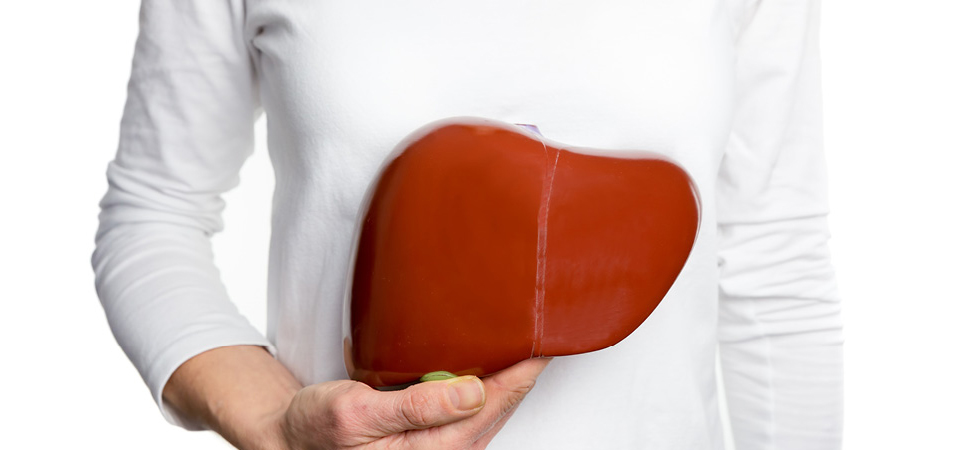Cholesterol, a crucial lipid molecule, plays a significant role in various bodily functions. Although often associated with heart health, its connection to the liver is equally important. Understanding the relationship between the liver and cholesterol is vital for maintaining overall well-being.
Liver and Cholesterol Connection
The liver, a vital organ responsible for detoxification and metabolism, has a crucial role in managing cholesterol levels in the body. It serves as the central hub for cholesterol synthesis, uptake, and excretion. The liver produces cholesterol and packages it into lipoproteins, including low-density lipoprotein (LDL) and high-density lipoprotein (HDL).
What is Cholesterol?
Cholesterol is a waxy, fat-like substance found in our cells and bloodstream. It is essential for building cell membranes, producing hormones (such as estrogen and testosterone), and aiding in the digestion of fats. Cholesterol travels through the bloodstream as lipoproteins, which are particles made up of lipids and proteins.

What Causes Cholesterol in the Liver?
Various factors contribute to the presence of cholesterol in the liver. Diet plays a significant role, especially the intake of saturated and trans fats, which can raise LDL cholesterol levels. Additionally, genetics and family history can influence how the liver processes and regulates cholesterol. Excess weight, lack of physical activity, and certain medical conditions can also impact cholesterol levels in the liver.
What else do we know?
The liver’s role in managing cholesterol levels extends beyond its production and regulation. When cholesterol levels rise in the liver, it triggers a complex series of reactions involving various enzymes and proteins. One such crucial process is the conversion of cholesterol into bile acids, which aid in fat digestion. Bile acids are stored in the gallbladder and released into the small intestine when we consume fatty foods. These bile acids help emulsify fats, enabling their efficient breakdown and absorption.
However, when cholesterol levels in the liver are excessive, the balance between bile acids and cholesterol can be disrupted. This can lead to the formation of cholesterol-rich gallstones. These gallstones can vary in size and may cause pain, inflammation, and even blockage of the bile ducts, posing serious health risks.
Moreover, the liver interacts with lipoproteins to regulate cholesterol transportation. Low-density lipoprotein (LDL), often referred to as “bad cholesterol,” carries cholesterol from the liver to other parts of the body. High-density lipoprotein (HDL), or “good cholesterol,” transports excess cholesterol from the bloodstream back to the liver for processing and removal. This crucial balance ensures that cholesterol is effectively distributed and cleared from the body.

What can we do to stop cholesterol from damaging the liver?
To protect the liver from the damaging effects of cholesterol, it is essential to adopt a healthy lifestyle and make specific dietary and lifestyle changes. Here are some practical steps to stop cholesterol from harming the liver:
- Reduce Saturated and Trans Fats: limit the intake of foods high in saturated and trans fats, such as red meat, full-fat dairy products, fried foods, and commercially baked goods. These fats can raise LDL cholesterol levels and contribute to liver damage.
- Increase Fiber Intake: consuming fiber-rich foods, like fruits, vegetables, and whole grains, can help lower LDL cholesterol levels and promote a healthy digestive system.
- Choose Healthy Fats: include sources of healthy fats in the diet, such as those found in avocados, nuts, seeds, and fatty fish. These fats can support heart health and may have a positive impact on cholesterol levels.
- Regular Exercise: engage in regular physical activity, as it can improve cholesterol levels and promote overall cardiovascular health. Exercise helps reduce LDL cholesterol and increase HDL cholesterol, which aids in removing excess cholesterol from the liver and bloodstream.
- Maintain a Healthy Weight: losing excess weight can have a positive effect on cholesterol levels and reduce the risk of liver-related complications. Aim for a balanced diet and regular exercise to achieve and maintain a healthy weight.
- Avoid Excessive Alcohol Consumption: excessive alcohol intake can lead to fatty liver disease and interfere with the liver’s ability to process cholesterol. Limit alcohol consumption to protect liver health.
What else can we do about it?
- Monitor Medications: if you are taking medications for cholesterol management or other health conditions, follow your doctor’s instructions closely and have regular check-ups to monitor their effects on liver function.
- Control Diabetes and Hypertension: if you have diabetes or hypertension, work with your healthcare provider to keep these conditions under control. Both diabetes and high blood pressure can exacerbate cholesterol-related liver issues.
- Get Regular Check-ups: regular health check-ups are essential for monitoring cholesterol levels and liver health. Routine blood tests can help identify any abnormalities early on, allowing for timely intervention.
- Manage Stress: chronic stress can negatively impact cholesterol levels and overall health. Practice stress-reducing activities such as yoga, meditation, or hobbies to promote emotional well-being.
- Avoid Smoking: smoking can contribute to various health issues, including cardiovascular problems. Quitting smoking can significantly improve overall health, including cholesterol levels.
- Seek Medical Advice: if you suspect or have been diagnosed with high cholesterol levels or liver-related conditions, consult a healthcare professional. They can provide personalized guidance and recommend appropriate treatments or lifestyle changes.
Conclusion
Maintaining healthy cholesterol levels is crucial for overall liver and cardiovascular health. By adopting a balanced diet, engaging in regular physical activity, and managing risk factors, we can keep cholesterol levels in check and reduce the risk of liver-related complications and cardiovascular diseases. Regular check-ups and consulting with healthcare professionals can provide valuable insights and guidance on managing cholesterol effectively. Prioritizing liver health will lead to a healthier, happier life.














